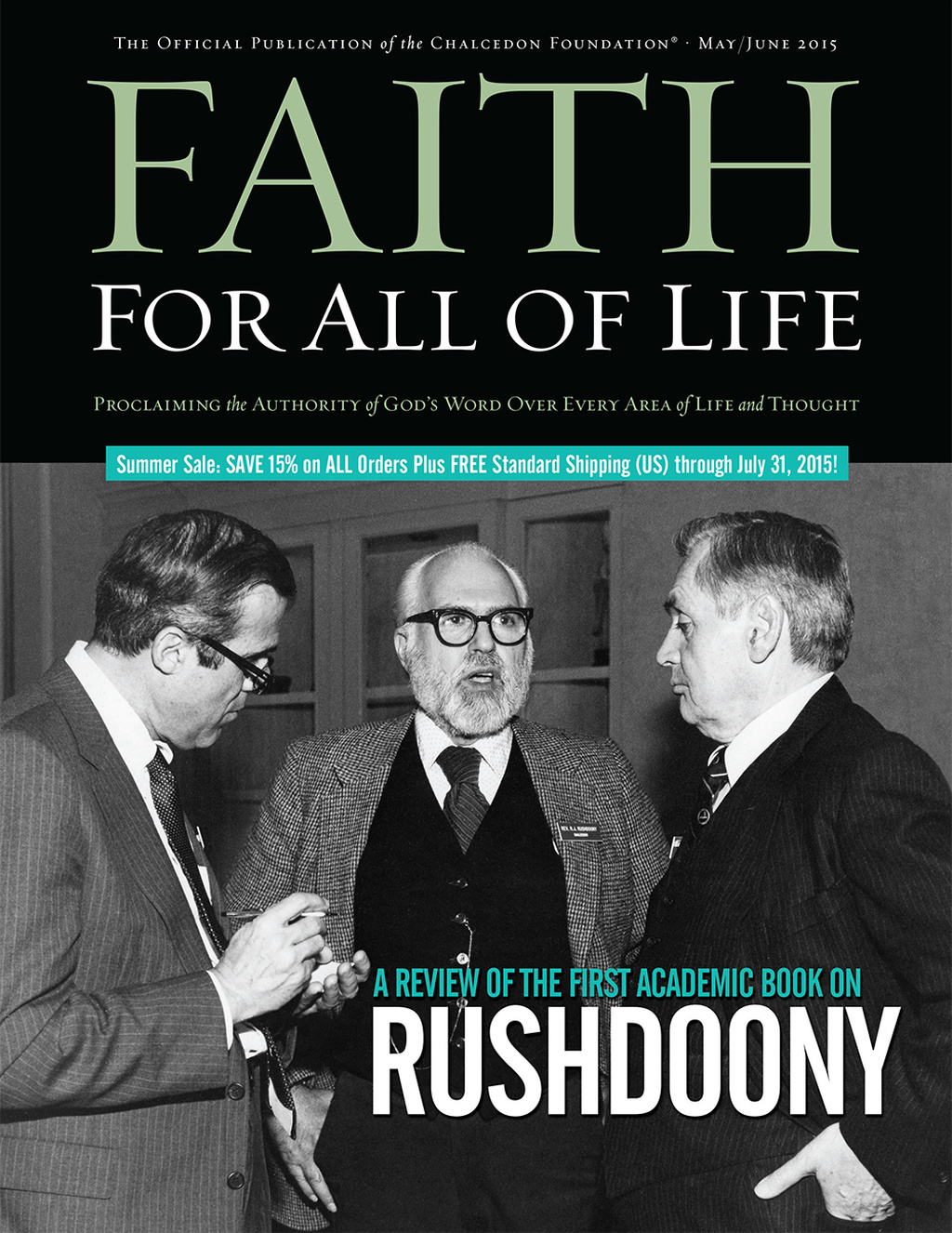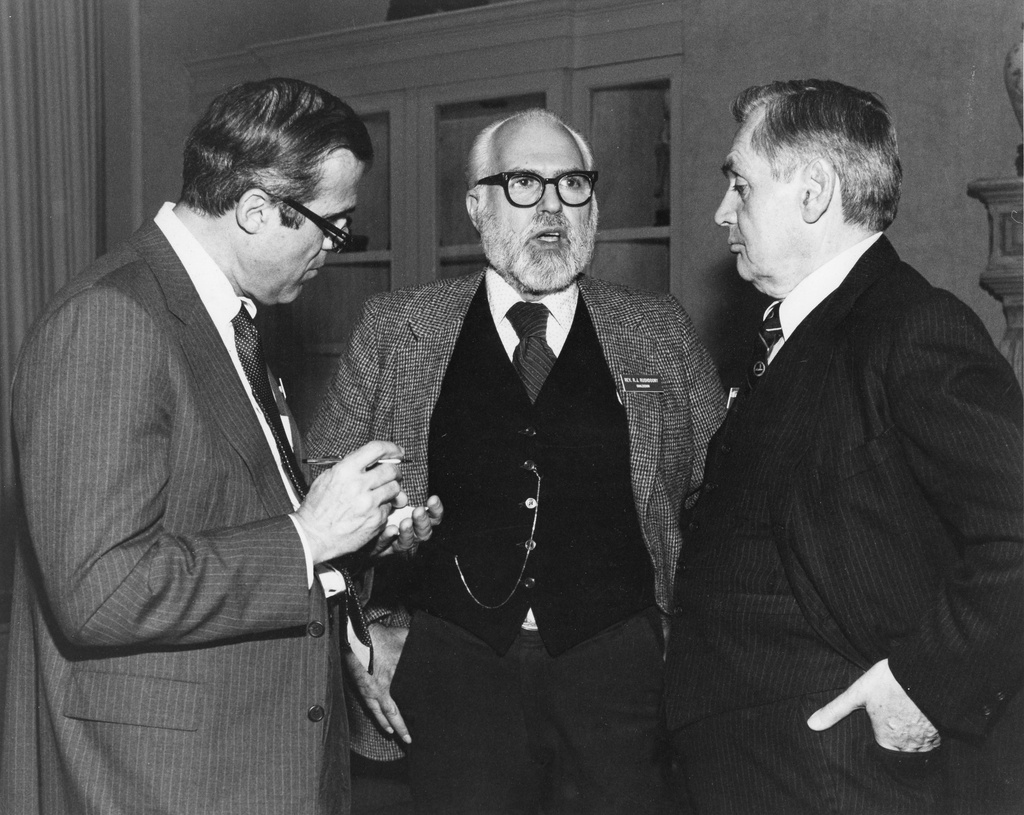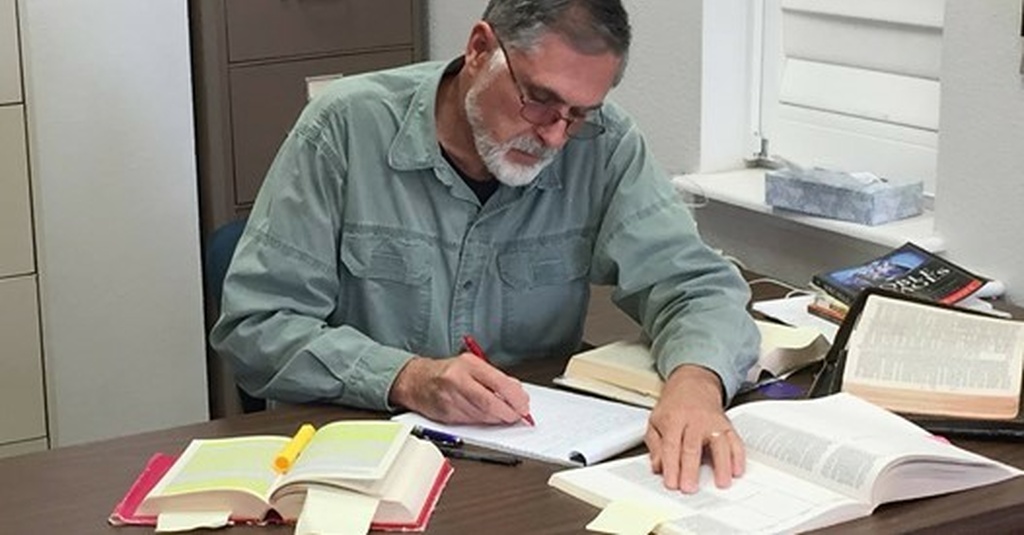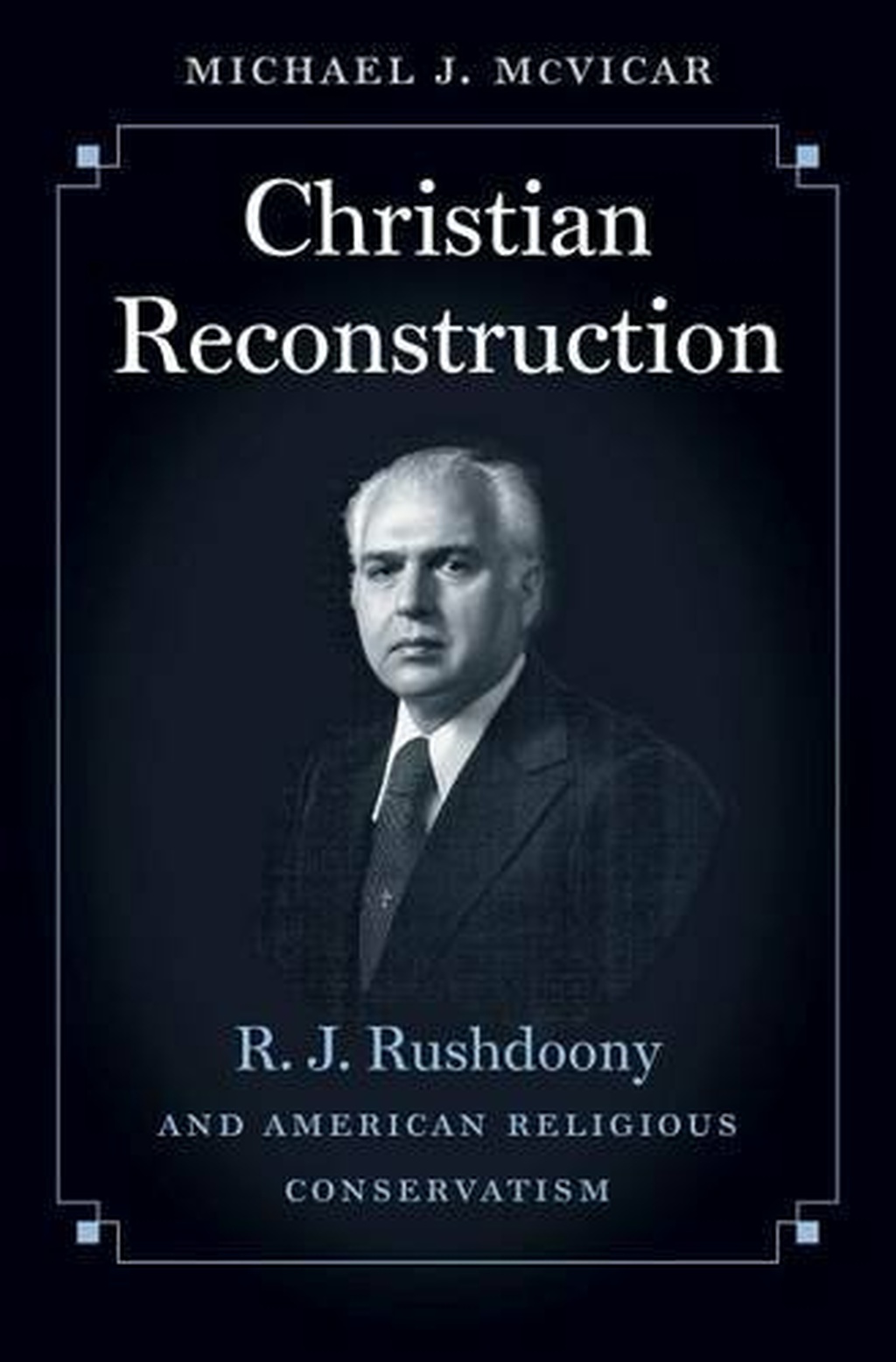
Magazine Issue
A Review of the First Academic Book on Rushdoony
Dr. Michael J. McVicar has written the first major scholarly work on the history of Christian Reconstruction, unraveling the complexities of the impact made upon our culture by the work of R. J. Rushdoony.
May/June 2015 Articles:

Publisher’s Foreword: Chalcedon

- R. J. Rushdoony

“Historical Perspective”

- Mark R. Rushdoony

First Major Book About R. J. Rushdoony

- Martin G. Selbrede

The Bible’s High Estimation of Women

- Andrea G. Schwartz
Massachusetts Completes Its Takedown of Addiction Pioneer Dr. Punyamurtula S. Kishore (8)

- Martin G. Selbrede

Reviews of Two Fantasy Novels by Tui T. Sutherland

- Lee Duigon